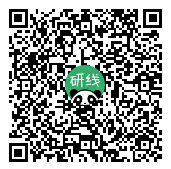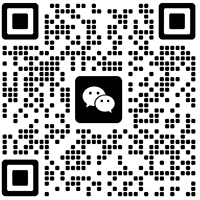【長(zhǎng)難句】
We found that when we taught participants to ask "What if?" and "How can?" questions that nobody present would know the answer to and that would spark exploration, they engaged in better inquiry at the next exhibit--asking more questions, performing more experiments and making better interpretations of their results.
【句子拆分】
主語(yǔ) We
謂語(yǔ) found
賓語(yǔ) when we taught participants to ask "What if?" and "How can?" questions that nobody present would know the answer to and that would spark exploration, they engaged in better inquiry at the next exhibit--asking more questions, performing more experiments and making better interpretations of their results
【單詞解析】
| 單詞 |
音標(biāo) |
中文詞意 |
| participant |
[pɑ?'t?s?p(?)nt] |
n. 參與者;關(guān)系者 |
| exploration |
[?ekspl??re??n] |
n.勘探;勘查;探索;探究;研究;探測(cè) |
【語(yǔ)法分析】
這句話是個(gè)主謂賓句型,主語(yǔ)是"We",謂語(yǔ)是"found",后面從"that"至結(jié)尾都是賓語(yǔ)從句。賓語(yǔ)從句是個(gè)復(fù)合句,包括時(shí)間狀語(yǔ)從句"when...exploration"和后面的主句"they...results"
【譯文】
我們發(fā)現(xiàn),當(dāng)我們教參與者使用“如果?”和“如何?”來(lái)問(wèn)這些現(xiàn)場(chǎng)沒有人知道答案但又會(huì)激發(fā)探索的問(wèn)題時(shí),他們?cè)谙麓握褂[時(shí)會(huì)更好地進(jìn)行探究——提出更多的問(wèn)題,進(jìn)行更多的實(shí)驗(yàn)并對(duì)其研究結(jié)果作出更好的解釋。
【考情分析】
在賓語(yǔ)從句的時(shí)間狀語(yǔ)從句里,questions后面的"that"引導(dǎo)的是定語(yǔ)從句,而且前后有兩個(gè)定語(yǔ)從句通過(guò)"and"連接,注意第一個(gè)定語(yǔ)從句也可以這么寫"questions to which nobody present would know the answer"。前面的"What if"和"How can"你可以把它當(dāng)成一個(gè)形容詞類似的東西,因?yàn)樗褪窃谂e例子或者打比方,等同于“XXX的問(wèn)題”。主句中"asking more questions, performing more experiments and making better interpretations of their results"就是在解釋前文提到過(guò)的“更好的進(jìn)行探究”的一些具體方面。








